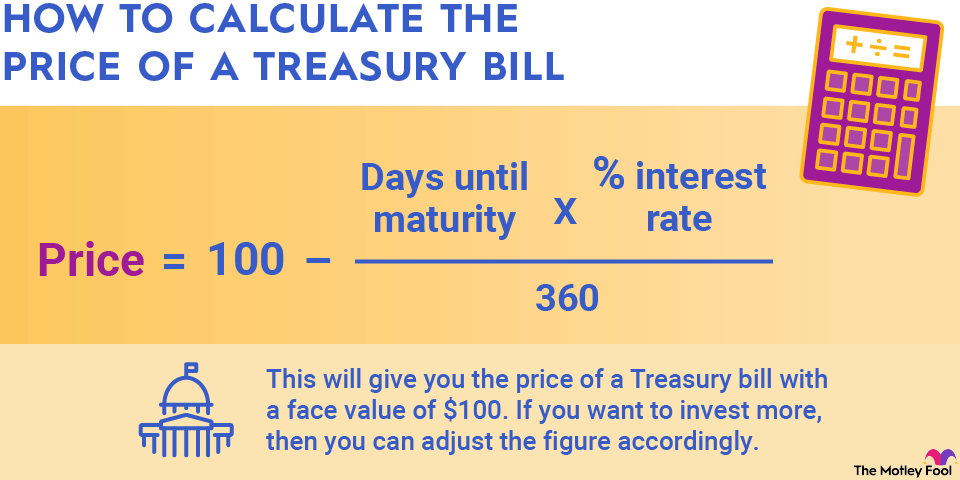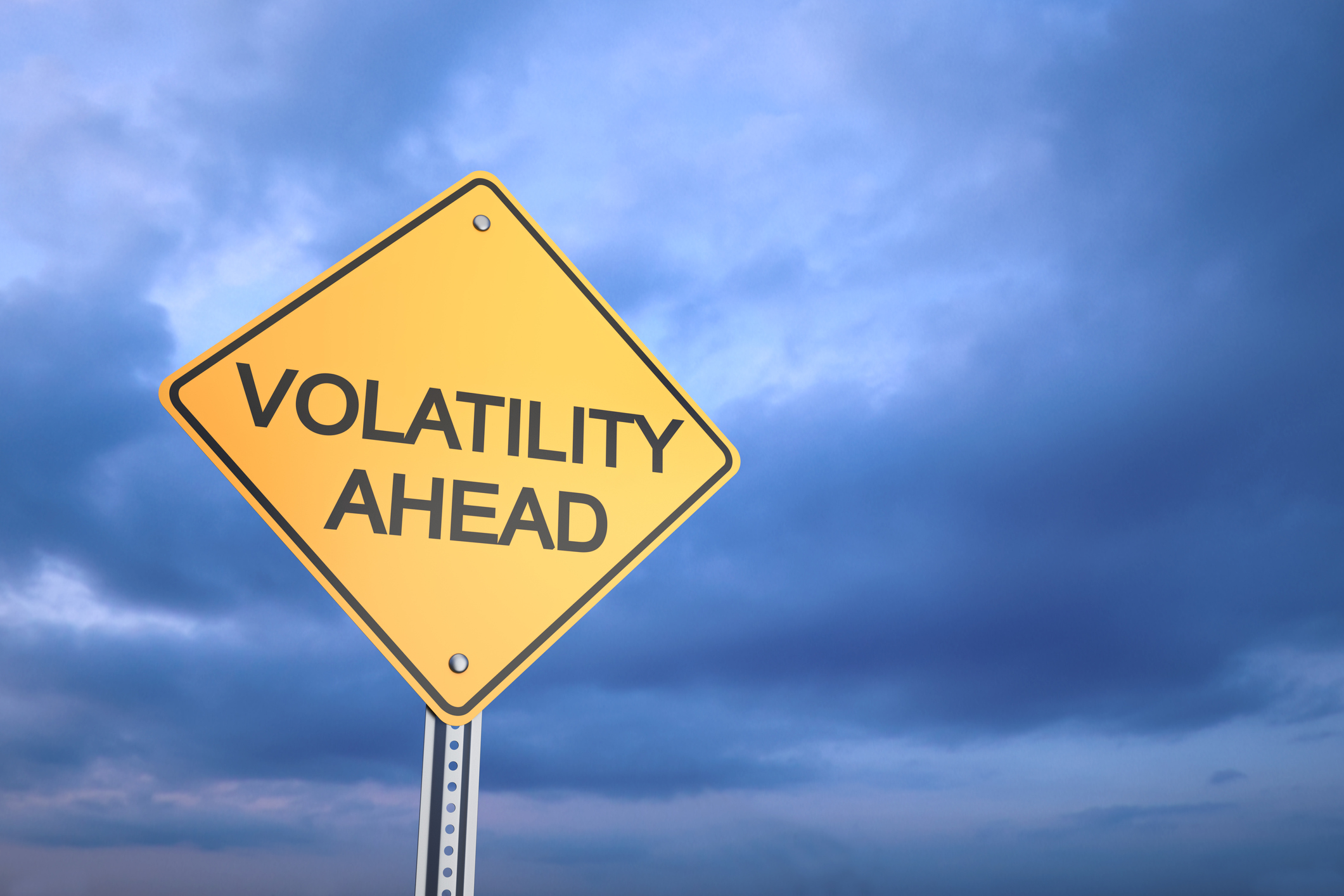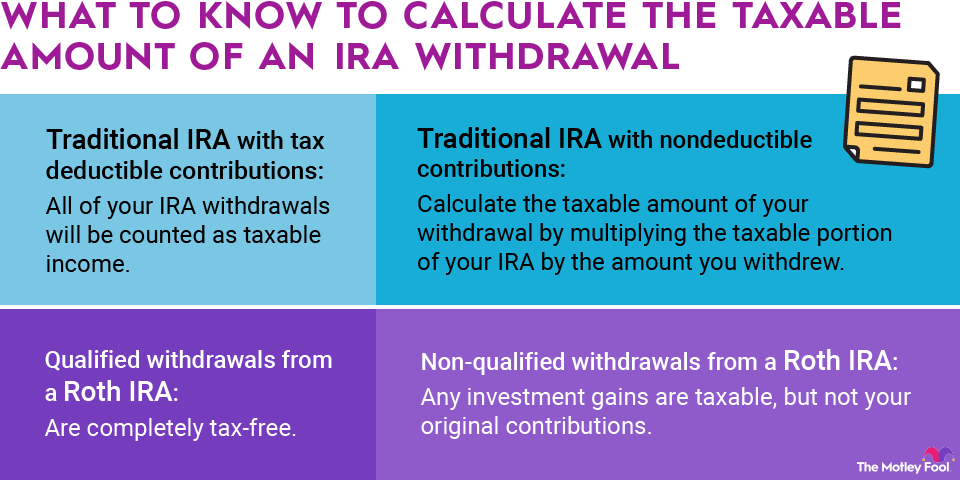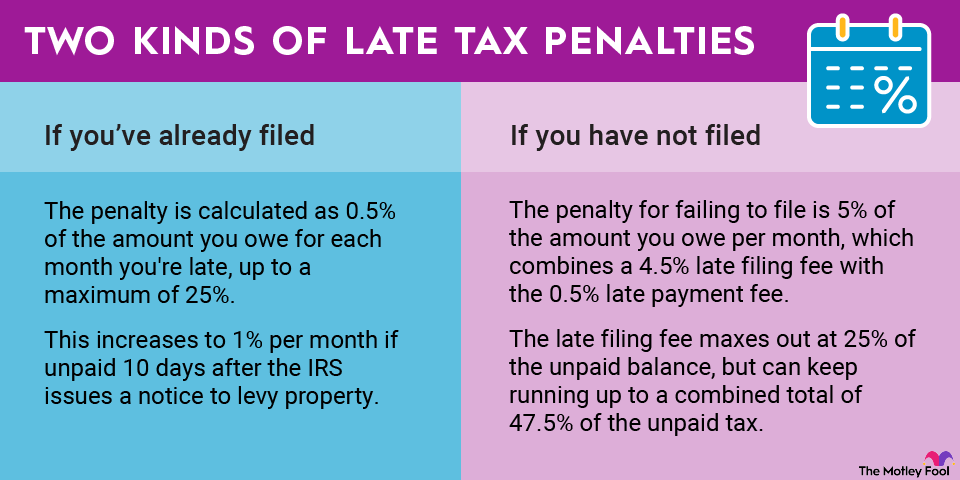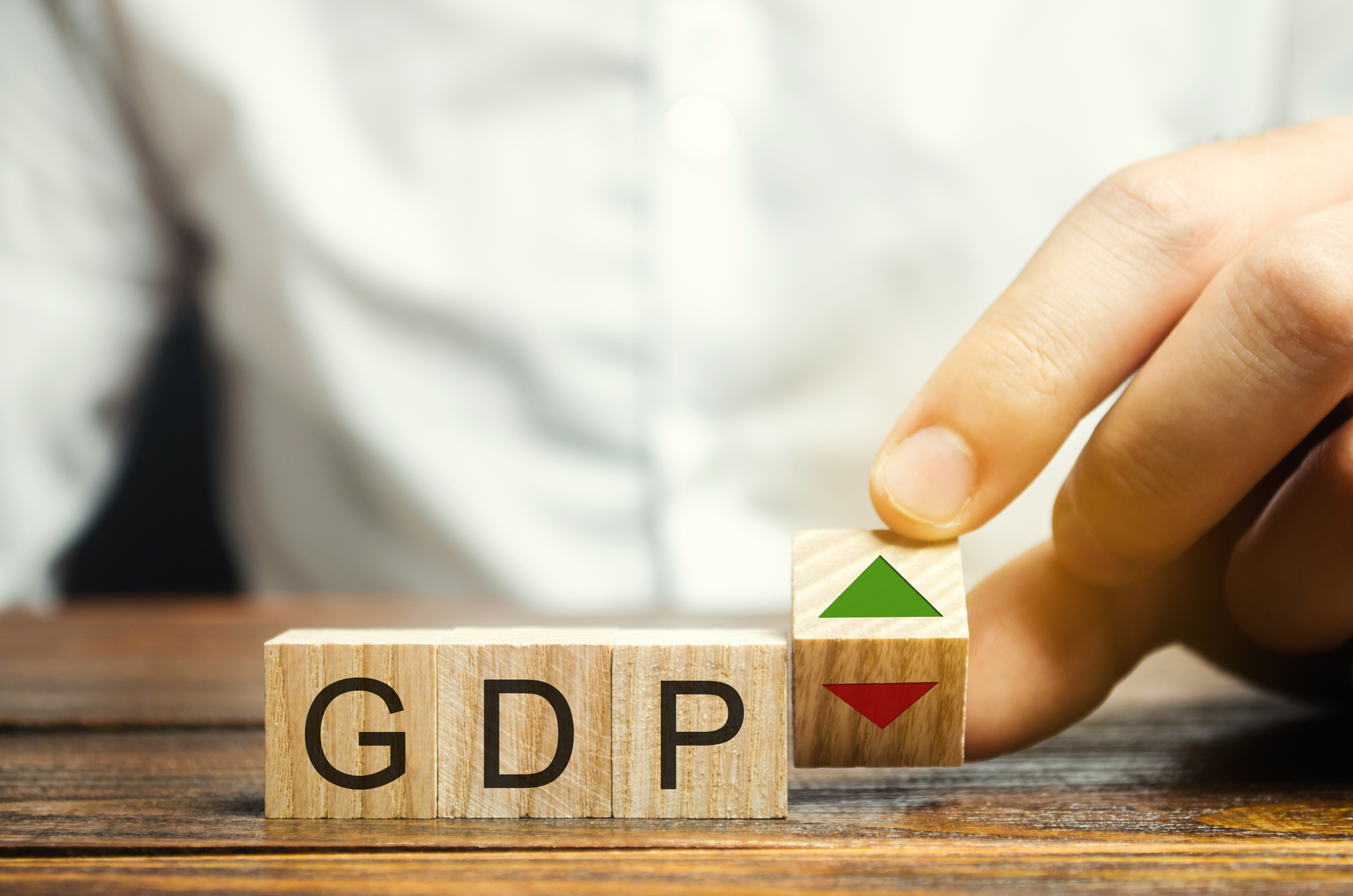A price-weighted average is a simple mathematical average of several stock prices and is often used to construct a price-weighted index. Perhaps the most well-known stock index in the U.S., the Dow Jones Industrial Average is a price-weighted index.

In practice, using a price-weighted average to calculate a stock index means that the higher-priced stocks disproportionately influence the index's performance. Here's how to calculate a price-weighted average and how it works.
Calculating a price-weighted average
To calculate a price-weighted average, or any arithmetic average for that matter, add the numbers (stock prices) together and divide by the number of stocks in the average.
Price weighted average = (Sum of prices) / (Number of stocks)

For example, if you want to calculate a price-weighted average of four stocks with prices of $100, $70, $60, and $30, you can do so as follows:
Price weighted average = ($100 + $70 + $60 + $30) / 4 = $65

Company | Share Price |
|---|---|
Apple | $94.69 |
Microsoft | $51.18 |
Intel | $28.80 |
Using these share prices, we can calculate a price-weighted average of these three stocks:

Now, let's say that Apple releases some incredibly positive news tomorrow, and its shares jump by 20%, or to $113.62. This would raise the price-weighted average to $64.53, a 10.8% jump.
On the other hand, if Intel stock experienced the same 20% move to $34.56, it would translate to a price-weighted average of $60.14, or a move of just 3.3%. So Apple's 20% move has more than three times the impact of Intel's on our three-stock index.
Of course, this is a simplified example. It's not likely that just one of these stocks would move, and the other two would stay exactly the same, but you get the idea. Plus, there aren't any notable indexes made up of just three stocks.
In a more complicated example, the more expensive stocks in the 30-component Dow Jones Industrial Average, such as 3M ($156.17) and Goldman Sachs ($144.91), would have a much greater influence over the index than lower-priced components, such as Cisco Systems ($26.12) and General Electric ($29.22).





